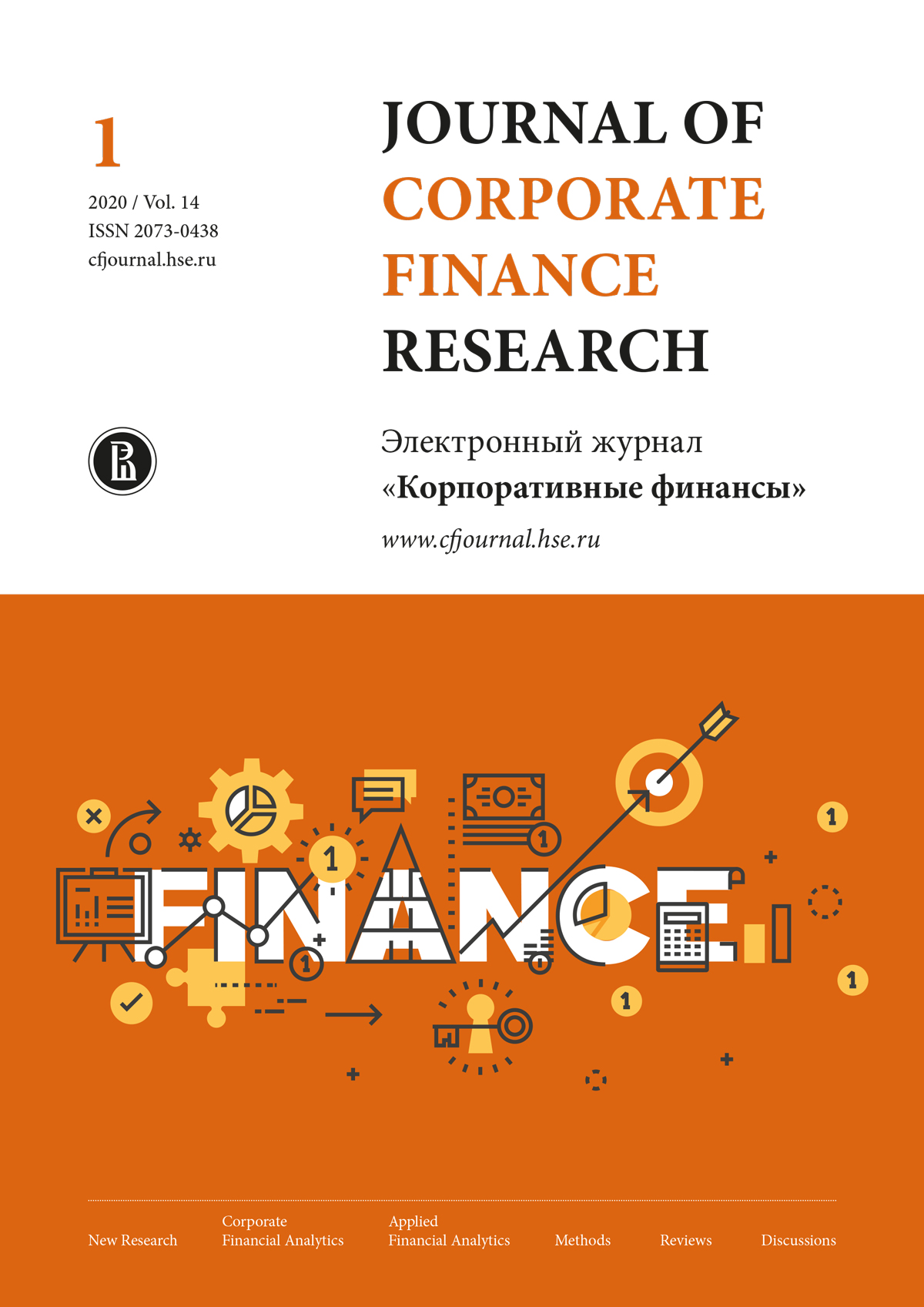Two-Parametric / Game-Theory Model of a Service Concession in the Communal Heating Sector
Аннотация
In this study, we propose to model the operation of a service concession arrangement in the economic area of municipal heat supply utilities. We offer a scheme of interaction between the concedent and concessionaire in this concessionary arrangement. Currently, the existing regulations regarding the temperature of coolant focusses on the daily average outdoor temperature, and the determination of a “normative” demand for heat energy. On any day of the heating period, this demand is a random variable, whose distribution can be described through the distribution of daily average air temperature.
In our model, heat energy is paid for at a fixed price, and the concessionaire pays a penalty for each unit of unsatisfied normative demand. The price and penalty values are the concession parameters, and are determined by the concedent. The concedent’s goal is to minimise the thermal energy cost; the concessionaire’s purpose is to maximise profit. The interaction is formalised as a two-move game model. First, the concedent determines the price and the value of the penalty. Then the concessionaire selects the capacity to be created. The concession’s parameters should be set so that the individual rationality and incentive compatibility conditions are met.
Our results prove the existence of Stackelberg equilibrium, and we derive the relevant formulas for computing its parameters. In equilibrium, the optimum capacity for the concessionaire provides a sufficient probability of meeting demand. The price of thermal energy is minimal under this condition. We also formulate a one-parameter model (thermal energy price as a parameter), which is based on a typical concession scheme. In the two-parameter model, the equilibrium capacity and price do not exceed the corresponding parameters of the one-parameter model. The main advantage of the two-parameter model is an “embedded” economic mechanism that prevents the concessionaire’s opportunistic behaviour. By contrast, in the one-parameter model there is no such mechanism.
The proposed approach can be applied to a concession for the production of any good or service, provided the concerned parties are interested in the availability and reliability of meeting a corresponding need, which may be described as a random variable. However, typical concession schemes do not penalise unsatisfied demand, so the implementation of our two-parametric model is possible only after modification of the pertinent concession legislation.

